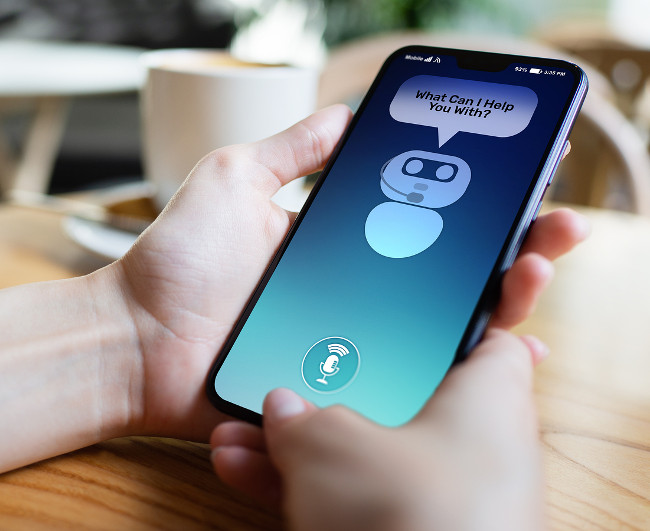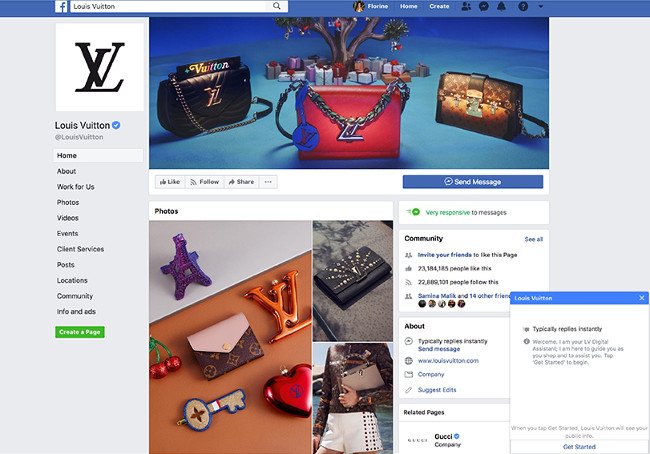Since the advent of the internet, the luxury retail industry has been forced to mull over a significant dilemma: how to transplant the bespoke, personalised and elite shopping approach on found on streets of London, Paris or New York, onto consumers’ screens?
After all, we’re not talking about a one-size-fits-all approach as is found at Amazon or eBay – where low cost is king. While the extremely efficient processes of online mass market retailing have arguably irrevocably changed the Great British high street, they do not satisfy the consumer who is looking for a more refined and exclusive experience.
For a good while, particularly in the emerging sphere of e-shopping in the 1990’s, luxury retail could not find a compelling solution to the online quandary. Even companies brave enough to take the plunge often found it a risky and expensive investment.

Fast forward to today, though, and things are vastly different – and that’s because culture is changing. Nowadays, the strength and prevalence of digital technology means that, in most cases, a consumer’s first interaction with a brand is far more likely to be online than it is in person. What does that mean? Well, an affluent consumer, particularly from the younger demographic, is going online first – and expecting their needs to be met there.
What does that mean for the luxury retail game? Well, there are no cheap shortcuts to a premium experience online. For most, that means engaging a custom software development company like Elinext to produce a seamless and personalised artificial intelligence (AI) experience for their brand.
But what does that mean for the customer? Well, have you ever popped online for some information from a service you use, to be met by a ChatBot? That is perhaps the most obvious example of AI in practice. However, bubbling underneath the surface of some of your favourite online brands, you’ll find that much of the user experience can be, in one way or another, attributed to super intuitive technology.

You will be familiar with the idea of cookies, of course, as an internet user – which explains, to an extent, how advertisements will pop up for items you viewed hours ago on Amazon – even though you’re on Facebook. Well, AI operates in a similar way – except it uses data compiled through sales and customer interaction to bring the consumer a better, more personalised experience.
Using petabytes of data from customers, like yourself, browsing their website, AI is able to identify specific trends and patterns associated with a number of traits.
These data points can span from items purchased commonly together, items which are regularly selected and then removed from a basket, and ‘hot’ areas of the online store where users spend most time.
Really, the options are endless, the result, though, is that a combination of AI benchmarking and analysis results in personalised suggestions for the user – informed by all of the data gathered from millions of web impressions. And, just like that, you have an online store that seems to know what you’re looking for, without you seeking out a personal shopper at Selfridges.

While I jest about the personal shopper – AI is also bridging the gap in this field, too. Many traditional retail outlets have partnered with software companies to develop AI personal shoppers for the web. This area is still emerging, but a number of stores, including Macy’s, have at least trialled the use of online personal shoppers powered by AI, allowing customers to experience the next-best thing to the exclusive personal shopper experience – all from the comfort of their own homes.
While AI has often been viewed with an element of scepticism by those in the online retail game, there is a prevailing view that the technology is here to stay. Far from the cold and unfeeling I, Robot-style portrayal of AI technology, online luxury retail has benefitted immensely from the introduction of software to launch the industry into new age where it can make up for the slump we see on the high street.
It’s ironic, really; AI is bringing a touch of humanity to the online retail game.






















